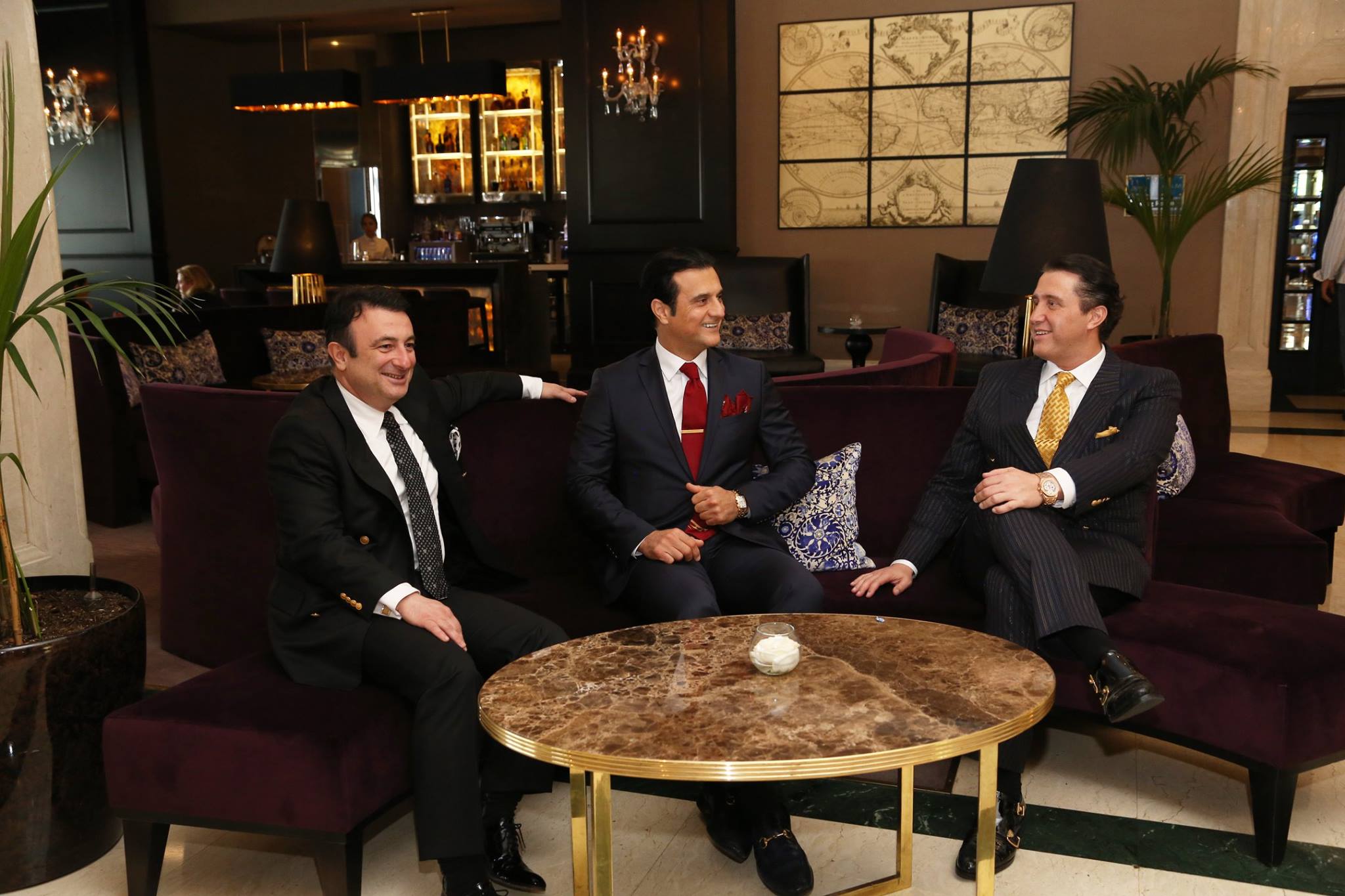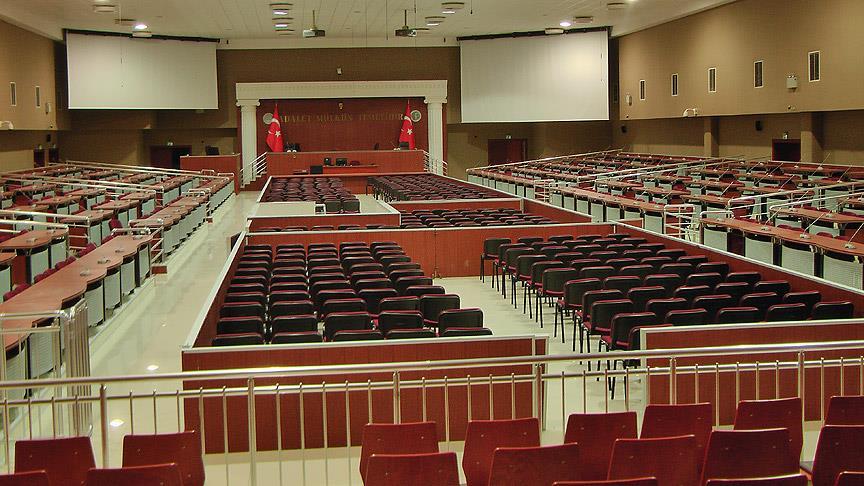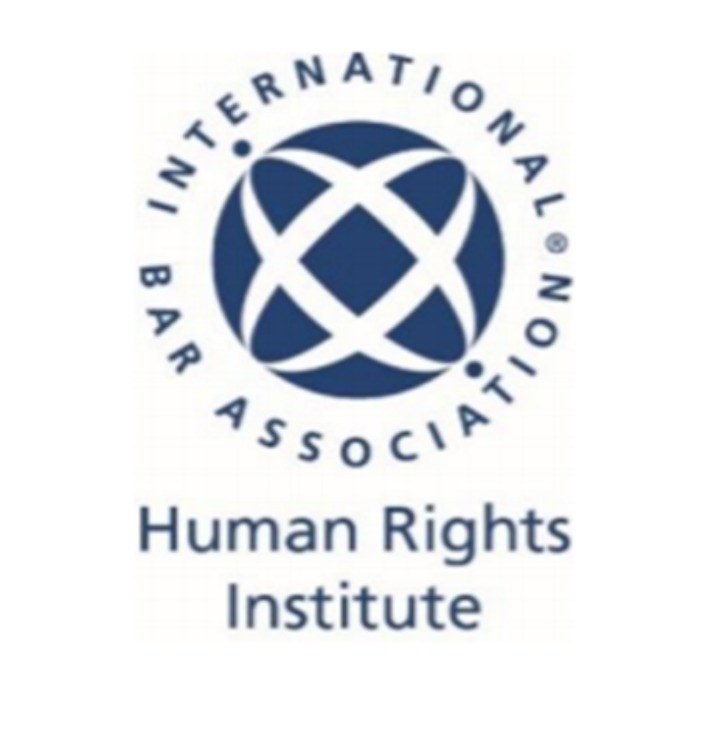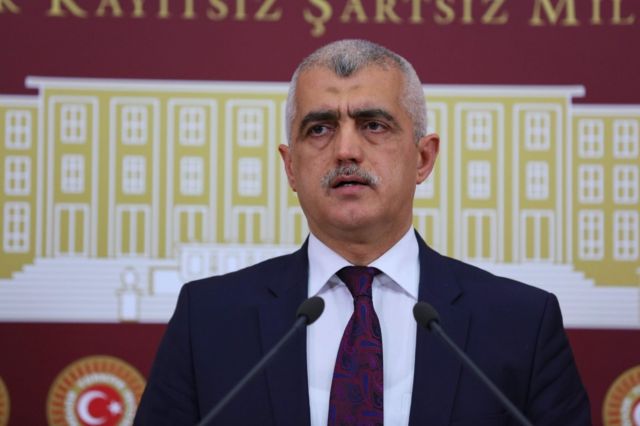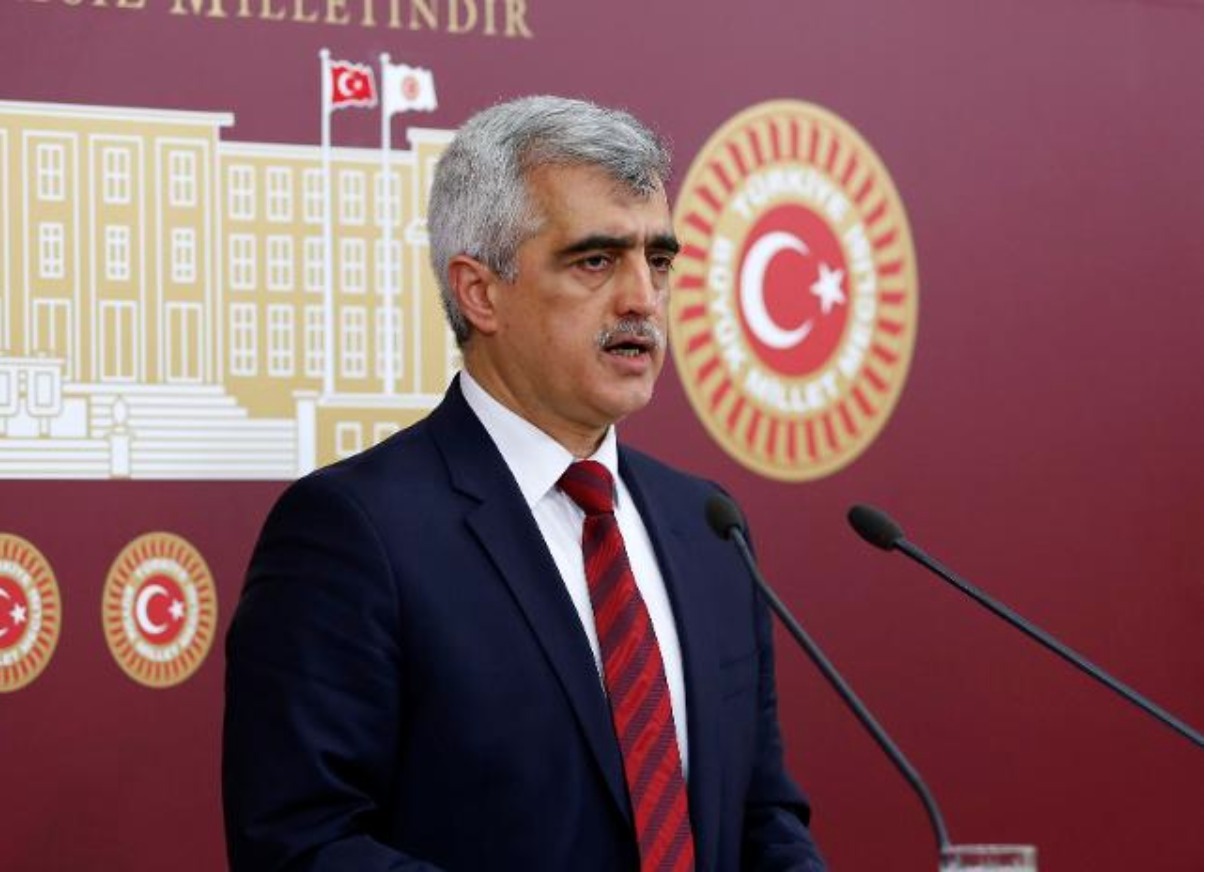After the police operation of July 11, 2018 against TBAV community, there has been a considerable effort to produce baseless, groundless and fake crimes in an attempt to portray Mr. Adnan Oktar and his friends as a so-called criminal organization.
Since there is no real or actual crime, a deceptive –and completely illegal– method of showing every part of ordinary life as a criminal activity, was widely employed.
As a part of this effort, and through deliberate misinterpretations, implausible deductions and irrational allegations, there have been attempts to show the most natural, reasonable, normal and ordinary things in daily life, which can beencountered in daily lives of millions of people around the world, as illegal or unlawful.
Never in the history of our country there has been such an intensive, strange and completely illegal effort to turn normal acts into so-called acts of crime. So much so, every speech, every action or behavior in the private and social lives of the defendants have been examined with an intent to somehow count them as crimes.
For example, only because the defendants help and support each other in their daily lives, which is the most natural and humane thing to do, there have been attempts to call these actions as criminal acts “in line with the structure of the criminal organization” or as a so-called “support” to the imaginary “criminal organization”.
Let’s examine this worrying and illegal method, and see the examples in two groups as before and after the police operation. This will make it easier to demonstrate this legal disaster for what it is.
1– The Normal, Legal and Ordinary Lives of the Defendants Before the Police Operation Are Portrayed as Criminal Acts
- There is a persistent effort to portray the defendants, who are in fact role citizens with no criminal records at all,as a so-called “criminal organization”.
- Adnan Oktaris accused of being the so-called leader of this imaginary “criminal organization”, only because he is deeply loved and respected by his group of friends due to his admirable and commendable character.
- Only because the defendants love, respect and spend time with Mr. Oktar and took part in various intellectual, social and cultural efforts together,they are accused of being “administrators or members of a criminal organization”.
- The defendants’ legal residencesare labeled as “criminal organization’s cells or headquarters”.
- Scientific and cultural events, conferences and exhibits organized by the defendants are portrayed as “activities of a criminal organization”.
- Dinners, banquets and other similar social eventsorganized by the defendants are labeled as “organizational propaganda”.
- Inviting foreign guests from other countries to speak on A9 TV channel is incomprehensibly labeled as “espionage acts”.
- Completely legal and lawful companies of the defendants are labeled as “criminal organization’s companies and money laundering centers”.
- The close bond between the defendants, their friendships that go back to decades ago and their mutual love and respectare labeled as “organizational bond”.
- Funny nicknames or short namesthat the defendants sometimes use to call each other are labeled as “organizational code names”.
- The defendants had made hundreds of phone calls to each other before the police operation, given that they have friendships going back decades. Despite that, their phone calls were dissected and put on paper, broken down into details like “caller, called, time, duration etc.”, as if it was a crime to make phone calls with friends. These hundreds-of-pages-long call reports, which contain no elements or evidence of a crime, are only intended to create the false image that there is an “organizational crime” and an “organizational communication”.
- The defendants, only because they are both religious and very modern at the same time, are accused of having a “perverted religious understanding”.
- Occasions when the defendants met, got together, dined, chatted, watched TV togetherare labeled as “doing the so-called guard duty”in an attempt to create “a fake criminal activity”.
- Completely normal ways of addressing and every-day expressions of love used by everyone in the world, when used for the defendants,are labeled as “praising the crime and criminals”, despite the fact that there is no court decision against the defendants and despite the fact that they have no criminal records whatsoever.
- Commercial relationsbetween the defendants, which they built completely of their own accord, are labeled as “organizational actions carried out with organizational intent, or upon organizational instructions”. Similarly, completely legal trades between friends, which were done in line with the laws, are labeled as “an organizational crime”.
- Adnan Oktar’s friends accompanying him at shopping malls, dinners, social events etc., which is most natural as they enjoy his company, are labeled as them acting as “bodyguards”.
- In an attempt to cast an outrageous slander on the defendants, ordinary phone conversations between them and even their food delivery ordersare incomprehensibly labeled as “speeches coding for sexual abuse of girls”.
- One defendant calling another and asking for his friendly opinion on a present he bought for another friend, which is no doubt a very natural, ordinary thing to do, is labeled as giving and following instructions within the so-called “organizational hierarchy”.
- Due to compliments some married female defendants made for Adnan Oktar, which is only natural as they love and respect him, their very happy, healthy marriages are labeled as “fake marriages”.
- Married couples deciding to have or not to have children is up to them alone. However, married couples among the defendants who have children are accused of “having children for organizational purposes”, and those who do not have are accused of “not having children due to organizational purposes”.
- The marriages of the married defendants are not matters of public knowledge, but inexplicably and in a completely baseless manner, they are accused of “ruining the traditional Turkish family structure with their marriages”.
- Gun carrying licenses and legally licensed guns of some of the defendants, which were not used in any crimes at all, are labeled as “incriminating evidence” and are used to lodge the claim of a so-called “armed criminal organization”.
- Fashion styles, hair and make-up styles, even eyebrow shapesof the female defendants are incomprehensibly labeled as “styles adopted upon instruction, or as methods of intimidation”.
- Even the defendants getting tattoos to their liking is shown as an action supposedly “done under duress” and labeled as “an act done for organizational purposes”.
- The fact that some defendants have big age differences, yet spent good time together, or were roommates, are considered to be contrary to the ordinary course of life and are shown as so-called “evidence for a hierarchical order”.
- Some civil servants, who only answered the phone calls of the defendants when they called a government agencyand gave ordinary information that could be given to anyone, are accused of “abetting a criminal organization” and are now thus tried as defendants.
- Although the right to vote is a right given to all citizens of the Republic of Turkey, when it comes to the defendants –regardless of them voting or not–, their voting behavioris named an “organizational pattern of behavior” despite the lack of any significant pattern.
- Almost every house has security cameras today in their gardens, but the cameras in the defendants’ gardens are named as “secret cameras used for criminal purposes”.
- The defendants inviting their friends over for dinner is shown as a crime, and the invited people are labeled “prison wards” in an attempt to paint an imaginary “atmosphere of pressure”.
- When female defendants had gatherings or dinners reserved only for women, “it was claimed that they were not allowed to talk to men and that they led unsocial lives”, but when they had meetings where men and women were both present, men and women involved were attacked with outrageous insults targeting their virtue and were accused of leading supposedly “perverted lives”.
- When the defendants complimented people they just met, or treated them kindly, it was named “preparations for crime” or “recruitment efforts”.
- When the defendants posted their photos showing them in their homes, or eating dinners in beautiful settings, this was called another fake crime, i.e., supposedly “making young people yearn for luxury”.
- When the defendants filed lawsuits when people insulted them on social media, which is their legal and constitutional right,it was called an “attempt to dissuade dissidents”.
- Books written by Adnan Oktar as well as websites and documentaries based on his books, and the translation of the same into other languages are named a “crime of propagandizing the organization”.
- Some female defendants choosing to wear headscarves, completely as a part of their religious freedom and of their own accord, was named “deception for organizational purposes”.
- The defendants were even questioned about how they chose to spend their inheritances, although spending family inheritance in any way desired by the entitled recipient is a right given to every citizen. Nevertheless, no matter how they spent the money it was named “an organizational crime”.
- The indictment claims that the defendants “lived in an isolated manner”, “in an extravagant and luxurious manner, where all their physical needs were met without any rules, and all worldly expectations were met outside traditional norms and beliefs”.In addition to the fact that these allegations are completely untrue, more importantly there are absolutely no such crimes in the Turkish Criminal Code. Nevertheless, the Prosecution repeatedly used ambiguous expressions based on personal and baseless interpretations like “it is deduced, concluded, believed etc.” in the indictment in an attempt to portray legal and legitimate matters as “organizational crimes”.
- The indictment is self-contradictory. For example, on page 33, it claims that “the defendants live an extravagant life”, while on page 36, it claims that “they live a life where only their most essential needs are met, despite the message given to the outside world”. In other words, “living a basic life” is made another “crime”.
- People are labeled “prison wards” only because they accompanied their sick friends at the hospital.
- When some of the male defendants, like thousands of other citizens, performed paid military service,which is a right given to those who meet the relevant conditions, it was claimed that they did it upon a so-called “organizational instruction”.
- When the defendants went to other countries for business, it was claimed that they did it supposedly “to evade military service upon a so-called organizational instruction.”
- When the defendants voluntarily wanted to assist the cultural and scientific activities of the TBAV Foundation in areas that matched their skills like translation, website design etc., this was called “organizational division of tasks”.
- Phone conversations of the defendants with their friends abroad were arbitrarily labeled “espionage and intelligence activities”, although there is nothing incriminating in any of these conversations. For example, one sentence on page 124 in the indictment reads as follows: “… although it is seen that the conversation does not include anything that could compromise state secrets, it is believed that the actions of the suspect named Leila Izmailova constitute an attempt to political and military espionage.”
- Commercial activities of the defendants, who are successful businessmen, -in a completely arbitrary and illogical manner- are called “the international leg of the organization”.
- Any meetings with senior bureaucrats and politicians, and carrying out activities for national interests upon their requests are called “organizational propaganda”.
- Even the use of WhatsApp, which is the most popular communication app in the world, by the defendants is attempted to be portrayed as “a crime”.
- Talking or writing about the particular subject of the Mahdi, who is mentioned in countless Islamic texts and who has been explained by thousands of scholars throughout history in thousands of books, is incomprehensibly interpreted as “impairing the will of people” and attempted to be shown as a crime.
- Previous commercial lawsuits against some of the defendants, in which they were acquitted, are portrayed as if they are still ongoing in an attempt to use them in support of the fake and untrue allegations.
- Even a completely mundane task like “getting a doctor’s note” is attempted to be shown as a crime, by haphazardly throwing the word “illegal” in between (indictment, pg.144).
- When some defendants joined their monies to buy real estate together, which is a completely legal right, their action was shown as an “organizational act”, and the properties bought by the defendants were named “properties of the organization”: “The fact that the suspects, despite not being relatives, joined their monies and bought together real estates, which are usually houses, is not in accordance with the ordinary course of events. Even though there is no legal obstacle to the acquisition of a house by more than one people who are not relatives, the fact that suspects in the case together bought a house solidifies the suspicions that the ‘house bought is a property of the organization’.” (indictment, pg.3275)
2– The Daily Lives of the Defendants After the Police Operation Are Portrayed as Criminal Acts
- The detained defendants sending letters to each other, is attempted to be prevented and portrayed as “intra-organizational communication”.
- Lawyers hired by the defendants are accused of being “lawyers of a criminal organization”.
- Old friends who sent money to detained defendants, who had no families to do that, were also arrested on the charges of “abetting a criminal organization”.
- When the detained defendants wore t-shirts with cat prints on them or put their pet cats’ pictures on their walls,these actions were called “organizational propaganda”. They were banned from wearing those clothes, and cat pictures were torn off the walls by prison wards.
- When Adnan Oktar drew cute, complimentarypictures in his letters to his friends to make them happy, these pictures were called –in a completely ill-mannered way– “organizational pressure method”.
- When the detained defendants motivated each other, the Prosecutor declared that this behavior was supposedly “intended to deter detained organization members from being confessors” and ordered that they be separated and scattered among different sections of prisons and even to different prisons in different cities.

